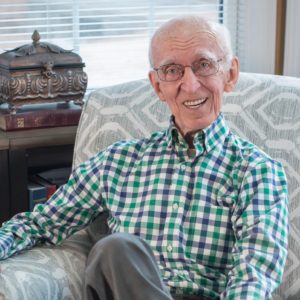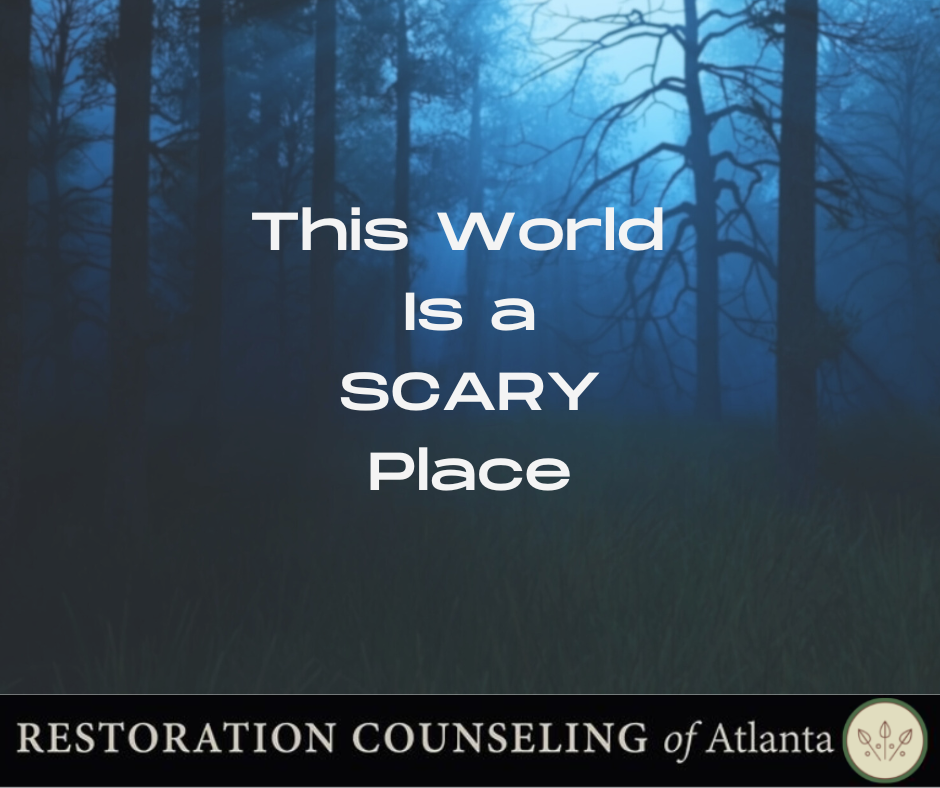Copyrighted material excerpted from GREATER POWER by Patrick Caffrey, LPC
Feelings — or rather emotions, which is a better word, because we can have feelings and not be aware of them — are a major influence in our lives. People concerned about our well-being ask how we are feeling. Physicians want to know if we’re feeling better today. Counselors are interested in how we feel about that. The shoe salesman and the haberdasher inquire how does that feel? With so much emphasis on feeling, it’s no wonder we react to our emotions as though to do so were an absolute mandate from God.
The suggestion that many thoughts and emotions should be allowed to pass like so much traffic outside on the street is usually thought to be the raving of some kind of nut. Even though we are frequently advised to just let it go; we wind up running into the street to do battle with the traffic passing by.
Our failure to let things go lies at the heart of addiction. The addict identifies all discomfort, especially unpleasant thoughts and feelings as problems in themselves, whether it be the pain of sitting on a tack or a chronic state of anxiety. When one identifies his uncomfortable feelings as problems, he then targets the pain and ignores its source. This is the equivalent of disconnecting the smoke alarm to stop the annoyingly shrill, earsplitting sound that warns us the house is on fire. Pain is a signal that alerts us to a problem; it is not the problem itself. Our failure to solve our problems is due to our failure to solve our problems. The alcoholic sitting on a tack insists he needs an epidural. His friends wonder why he doesn’t just get off the tack.
Perhaps the most pervasive source of discomfort for the alcoholic lies in conditions that generate fear. Fear is a generic term—an umbrella under which we find a variety of feelings with a wide range of intensity from uncomfortable apprehension or worry at the low end of the spectrum to terrifying anxiety and panic at the top. All are variations of fear, and whatever the level, the addict’s first impulse is to make it stop. When alcohol interacts with brain chemistry, it blocks the fear response in the brain’s limbic system which is essentially the same as disconnecting the smoke alarm because the noise it makes is thought to be a problem instead of a signal that a more serious problem has begun to smolder in another part of the house. When an individual fails to address the underlying problem after the voice of anxiety is silenced, he is acting like an alcoholic. He goes back to bed, and his house burns down around him. He sleeps, oblivious to the shouts, cries, and pleading of friends and loved ones that he wake up and smell the smoke!
Fear or anxiety appears to be the emotion that has the greatest influence on the development of alcoholism and addiction in general even though the individual may not always be conscious of the emotion driving his behavior. When relief from discomfort is accompanied by a pleasurable reinforcement through the brain’s reward circuit, the likelihood of repeating the pattern increases. Alcohol serves this pattern well, for it has the capacity to deaden pain and generate pleasure almost simultaneously. Addicts are persons who are drawn to pain, because pain has been paired with the party in the skull that accompanies the analgesia.
Persons seeking to understand and to deal with alcoholism may find it helpful to recall that beneath all his unpleasant and baffling behaviors is an individual seriously frightened by life, and as the condition progresses because the source of the pain is not being addressed, it becomes increasingly difficult to have a good time at the party.
What we are seeing is his maladaptive response to his fear. His principal go-to defense against that fear is alcohol. To make matters even worse, his defense system is failing him over and over; and he goes on seeing the world as a dangerous place.
This is pretty much the typical addict’s mindset when he shows up in the therapist’s office seeking help for the first time. Seated on the small sofa across from a stranger he has no reason to trust, he believes that anxiety is his problem. This calls for a major change. The apostle Paul called it a renewal of the mind. It should begin with the discovery that the stranger is someone who cares.

Written by: Patrick Caffrey, LPC
Roswell Location
pat@restorationcounselingatl.com, ext. 114
Patrick counsels adults who struggle with alcoholism and other forms of substance abuse, as well as related family issues. These include adult children of alcoholics (ACOA) and persons who are codependent. Pat has also written and published three books addressing the subject of addiction. His books are available through www.amazon.com or may be purchased at the Roswell office.

